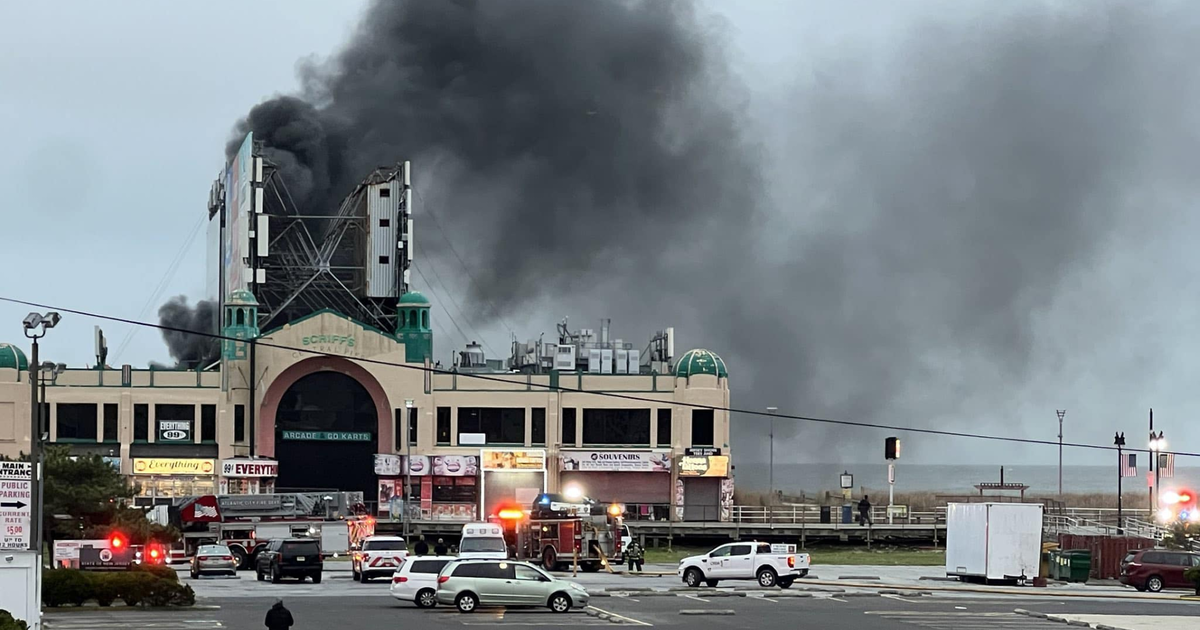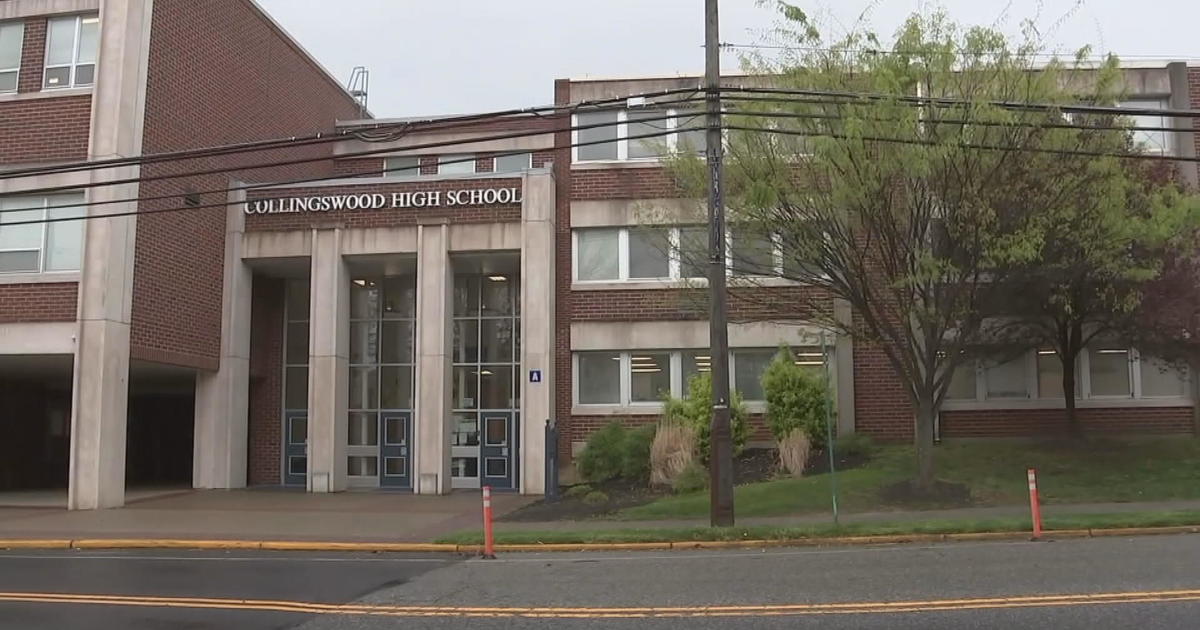In New Jersey, Police Layoffs Lead To Drop In Arrests
CAMDEN, N.J. (AP) - Police in five New Jersey cities where departments have had deep layoffs are making fewer arrests for minor offenses - a trend that experts fear could lead to a rise in the most serious crimes.
Newark, Trenton, Paterson, Atlantic City and Camden, all densely populated cities with significant crime problems - all faced with precarious tax revenue and declining aid from a state government that is also cash-strapped - have all made deep cuts in their police departments since the start of 2010.
An Associated Press analysis of municipal court data shows that when police are laid off, department priorities shift: Arrests and summonses of all kinds drop, with enforcement for minor crimes and traffic violations suffering the most as police focus their remaining resources on more serious offenses.
The strategy may make sense, but experts say it leaves a troubling gap in law enforcement.
"People are committing crimes and they're not suffering the consequences for it," said Camden County Prosecutor Warren Faulk. "I think it has emboldened those who are committing the crimes. They do not get arrested, and consequently, they continue committing these crimes."
A 61-year-old day care employee from North Camden who didn't want to give her name for fears of her safety, said drug dealers in her neighborhood have become more brazen since the layoffs. In fact, she said, they've taken over her stoop. "You chase them out of your steps and they go for 5 minutes. Then they're back again."
Denise Skinner, 51, who lives in the Waterfront South neighborhood, a haven for drug dealing and prostitution, is frustrated as she sees drug dealers continue to man their corners.
"It's getting worse," said Skinner, who lives in Camden's Waterfront South neighborhood. "We don't have enough cops."
The data, collected by the state judiciary, breaks down arrests and summonses by broad category of crime, but not specific offenses.
From January 2009 through November 2010, Newark police made arrests or issued summonses about 5,100 times a month for offenses classified as "other" infractions, such as curfew, noise and littering violations. Since the layoffs, the AP found, the number has dropped by nearly half, to 2,600 a month.
In Camden, monthly reports of traffic summonses for infractions like speeding and running stop lights plunged from 3,820 to 1,850 post-layoffs.
In Paterson, arrests for charges like shoplifting and possession of small amount of drugs went from just over 700 a month before the April layoffs to an average 545 in the five months afterward.
The drop-off in arrests might not be immediately noticeable on the streets, but police experts are worried about the long-term impact.
Since the 1980s, police departments across the country have paid more attention to so-called quality-of-life crimes. A crackdown on minor infractions, the idea goes, creates more community pride and puts behind bars more people who might otherwise be committing serious crimes.
That approach to policing is widely credited with having sharply cut rates for major crimes in New Jersey and across the country over the past three decades.
The new data show that layoffs are undermining that approach, said Wayne Fisher, director of the Police Institute at Rutgers University's Newark campus.
"We begin the downward spiral," Fisher warned. "We may go back to the kind of crime level we were all used to in the 70s and into the 80s."
In Camden, a city that ranks as one of the most impoverished and crime-ridden in the nation, about half the force was laid off in January. The cuts in the other cities were not as extreme. All the cities have secured money — largely in federal grants — to bring back some officers. But so far, only Atlantic City's force is close to the size it was before the layoffs.
As layoff days approached, officers turned in their badges and lined up their boots on city sidewalks to symbolize what was being lost. Some officers took jobs on growing police forces in places like Nashville, Tenn.
Their unions have said the cutbacks will directly cause crime in all categories to spike. While that could be true, it's a hard case to prove.
In Camden, for instance, reported crime has been up in almost all categories this year compared with 2010 and 2009. But crime has multiple causes, and experts caution that it's hard to determine how much of the increase could be because of layoffs.
(© Copyright 2011 The Associated Press. All Rights Reserved. This material may not be published, broadcast, rewritten or redistributed.)



